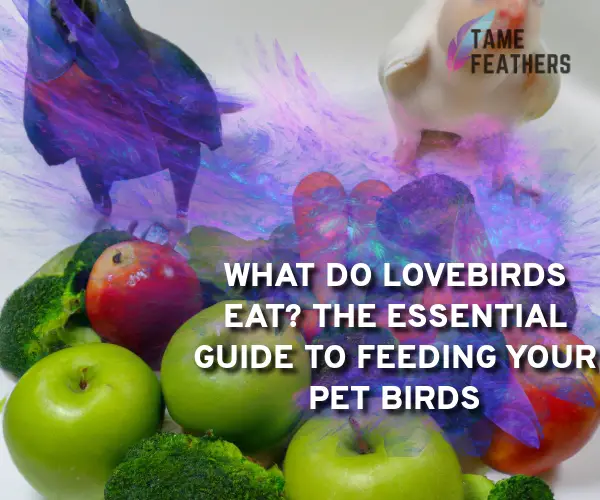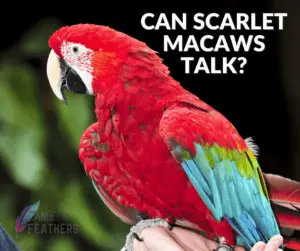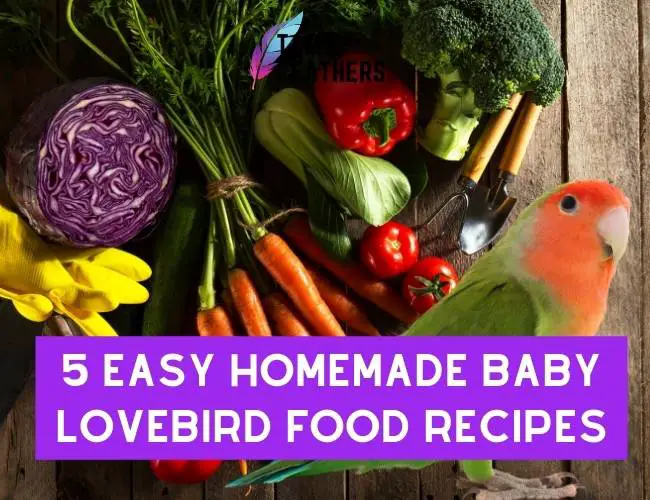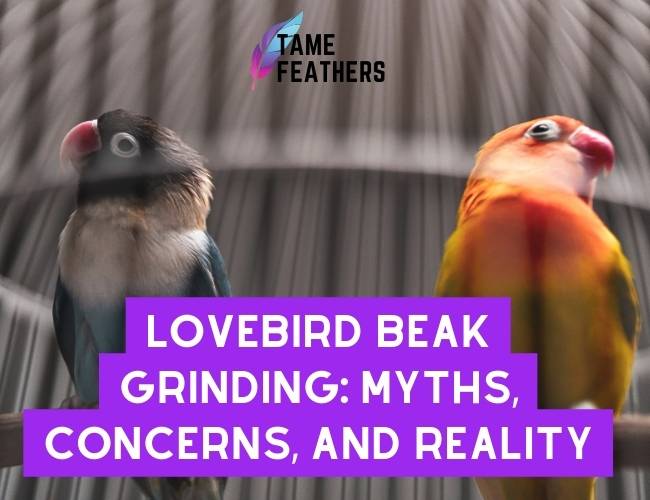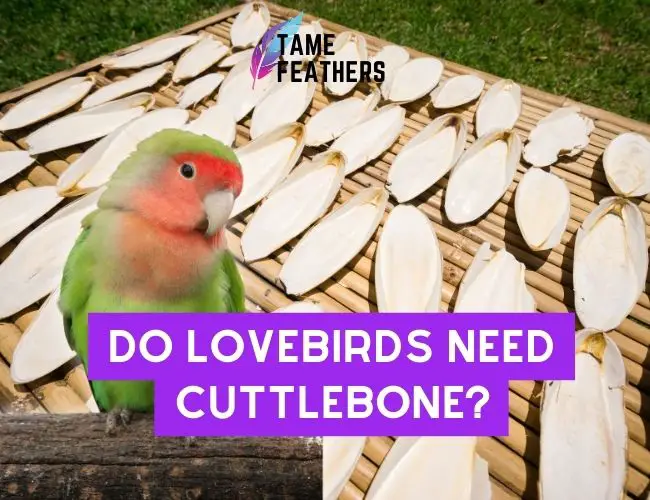Seeds and Grains
The majority of a lovebird’s diet is made up of different kinds of seeds and grains.Millet, canary seed, flaxseed, niger seed, hempseed, and safflower are some of the seeds that fall within this category.
You should also offer them a selection of different seeds that are acceptable for birds to eat, such as those made from pumpkins or sunflowers.
They should constantly be fed fresh food, but only in moderate amounts, as consuming an excessive amount of foods with a high fat content might lead to health problems over time.
A lovebird’s diet should always include grains, but this is especially true for young chicks when they are learning how to consume solid food for the first time.
Along with the seed mix they normally consume, you should give your parrots a high-quality grain mixture that has been developed with parrots in mind.
It is important to keep in mind that if your lovebird suffers from any allergies or sensitivities, you may need to refrain from feeding them certain grains or make other dietary adjustments as necessary.
Fruits & Vegetables
Your lovebird’s diet needs to include fruits and vegetables on a daily basis in order to provide it with the best possible nutrition.Fresh fruits such as apples, pears, and grapes are wonderful options, as are cooked sweet potatoes, squash, and carrots.
Also a good choice are grapes.
Additionally, dark leafy greens, such as kale or spinach, are wonderful complements.
It is best to steer clear of providing citrus foods like oranges, which can cause gastrointestinal distress.
When it comes to the selection of fruit, you will want to offer a broad variety of hues.
This not only makes it more interesting for your pet birds, but it also provides them with the important vitamins they need.
The ideal fruits for your feathery buddy are those with soft flesh because some varieties, like avocados, contain poisonous elements that could be harmful to them.
Nuts & Legumes
Due to the significant amount of fat that they contain, certain nuts can make fantastic treats for your pet birds; however, you should remember that moderation is essential while feeding them because they should only be given in little amounts.Almonds are a good option, but before you give them to your pet, check to make sure they have not been salted.
If they have, your pet could develop a salt toxicity if they eat them frequently.
Peas and beans, which are both types of legumes, are another potential source of beneficial nutrients; nevertheless, the consumption of legumes over an extended period of time should be approached with caution due to the greater levels of phosphorus that they typically contain.
Trending
Pellets & Supplements
Pellets that have been developed especially for parrots should make up the bulk of an adult parrot’s daily diet; in general, a diet that consists of half pellets and half fresh foods is optimal.If you only feed pellets, it is highly recommended that you include additional supplements in the diet, such as eggfoods, sprouted mung beans, finely chopped hard-boiled eggs, and so on.
Adding vitamin drops to drinking water directly once a week is an effective way to assist maintain general health.
Treats
You may keep things interesting by switching up the foods you give your pet on a daily basis; for example, you could try giving your pet bite-sized pieces of fruit, cheese cubes, spirals of cooked pasta, steamed broccoli florets, or even plain cracker crumbs.Just make sure that goodies have a low amount of sugar in them so that your blood glucose levels don’t fluctuate too much during the day.
It is also important to note that depending on how busy or destructive individual birds tend to be, certain soft items may not stay long enough within cages.
This is something that should be taken into consideration.
Wild Bird Seed Mixtures
Many of the products on the market now contain peanuts, which should not be given to wild birds since there is a possibility of mold toxins damaging liver function over time.
Wild bird combinations are not suggested unless they have been evaluated first.
In addition to this, read the labels very carefully and be on the lookout for additional fillers that contain preservatives and the like.
However, in general, wild bird mixtures do occasionally offer nutritional benefits; thus, if you determine that it would be suitable for you, look for specially blended mixes produced from organic materials whenever possible rather than buying wild bird mixtures.

